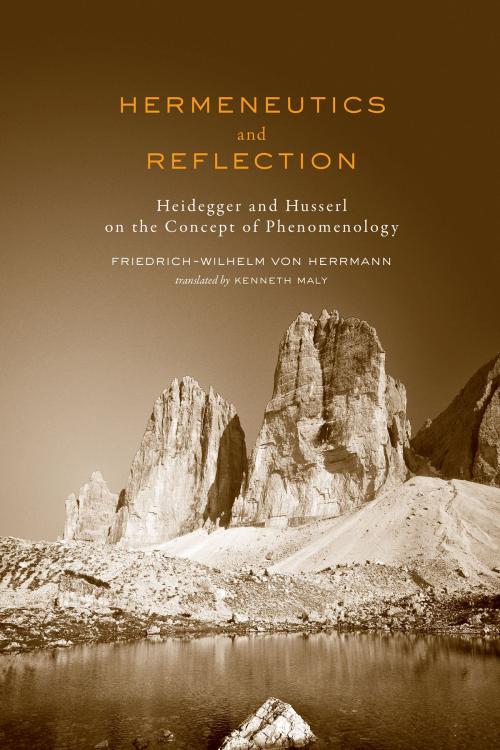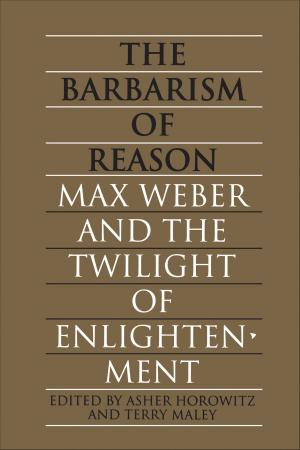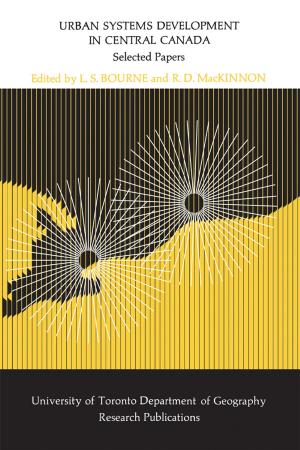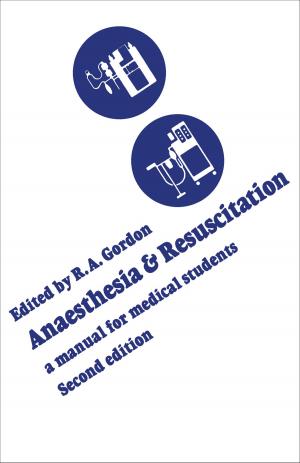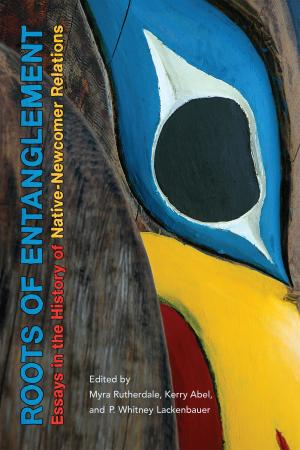Hermeneutics and Reflection
Heidegger and Husserl on the Concept of Phenomenology
Nonfiction, Religion & Spirituality, Philosophy| Author: | Friedrich-Wilhelm von Herrmann | ISBN: | 9781442669130 |
| Publisher: | University of Toronto Press, Scholarly Publishing Division | Publication: | December 11, 2013 |
| Imprint: | Language: | English |
| Author: | Friedrich-Wilhelm von Herrmann |
| ISBN: | 9781442669130 |
| Publisher: | University of Toronto Press, Scholarly Publishing Division |
| Publication: | December 11, 2013 |
| Imprint: | |
| Language: | English |
Friedrich-Wilhelm von Herrmann is known as a major figure in phenomenological and hermeneutics research: he was Martin Heidegger’s personal assistant for the last ten years of Heidegger’s life, and assistant to Eugen Fink, who in turn was primary assistant to Edmund Husserl. However, his own philosophical commentaries and readings of Heidegger’s work are not familiar to many in the English-speaking world.
Von Herrmann’s Hermeneutics and Reflection, translated here from the original German, represents the most fundamental and critical reflection in any language of the concept of phenomenology as it was used by Heidegger and by Husserl. It provides a careful rendition of Husserl’s essential contribution to phenomenology, then draws a clear demarcation between Husserl’s reflective phenomenology and Heidegger’s hermeneutic phenomenology. While showing the fullest respect for Husserl’s phenomenology, Hermeneutics and Reflection offers a full-fledged critique of Husserl from the perspective of Heidegger’s hermeneutic phenomenology.
Friedrich-Wilhelm von Herrmann is known as a major figure in phenomenological and hermeneutics research: he was Martin Heidegger’s personal assistant for the last ten years of Heidegger’s life, and assistant to Eugen Fink, who in turn was primary assistant to Edmund Husserl. However, his own philosophical commentaries and readings of Heidegger’s work are not familiar to many in the English-speaking world.
Von Herrmann’s Hermeneutics and Reflection, translated here from the original German, represents the most fundamental and critical reflection in any language of the concept of phenomenology as it was used by Heidegger and by Husserl. It provides a careful rendition of Husserl’s essential contribution to phenomenology, then draws a clear demarcation between Husserl’s reflective phenomenology and Heidegger’s hermeneutic phenomenology. While showing the fullest respect for Husserl’s phenomenology, Hermeneutics and Reflection offers a full-fledged critique of Husserl from the perspective of Heidegger’s hermeneutic phenomenology.
